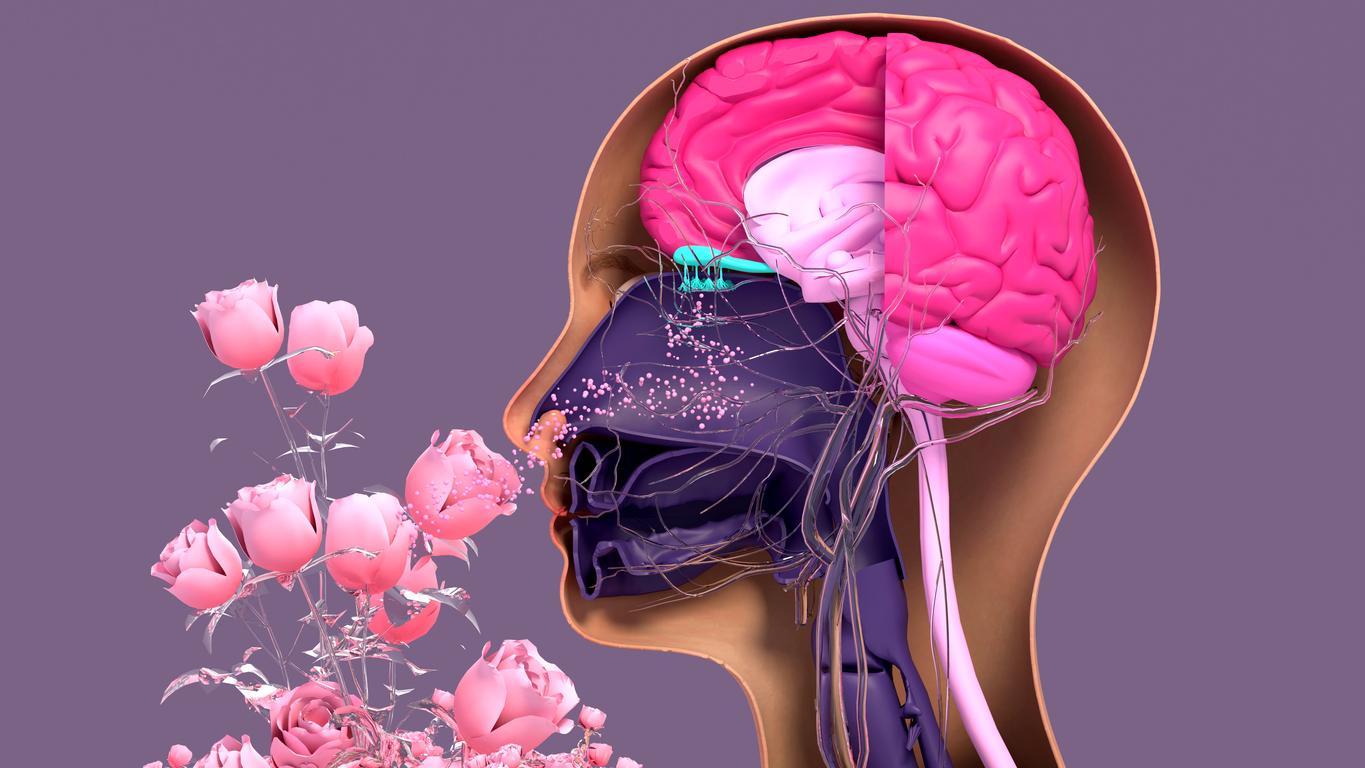Researchers from the University of Montreal have shown that contrary to what the scientific community thought, people who suffered a minor concussion could also temporarily lose their sense of smell.

Having a collision in a car, falling off a bike while wearing a helmet, hitting your head a little hard or falling on the ski slopes… Even if they are not serious, these accidents can mark people who are victims of it. By causing a slight concussion, they can not only cause a momentary loss of smell, but also generate anxiety disorders. This is the conclusion reached by researchers from the University of Montreal, Canada, in a study published in the journal Brain Injury.
Temporary olfactory loss
Until now, scientists thought only people with a major concussion could lose their sense of smell and develop emotional problems, such as anxiety and depression. This new work shows that these disorders can also concern people who have suffered a minor concussion.
“Many people can suffer from a mild concussion at some point in their life, so realizing that they are having difficulty feeling is the first step to talking to their doctor about it,” says Fanny Lecuyer Giguère, lead author of the study. “It’s important for patients to report any loss of smell, as it’s not something their GP or emergency doctor asks spontaneously.”
To reach this conclusion, the study authors compared 20 hospitalized patients who suffered a mild concussion following a skiing accident with 22 patients who suffered a fractured limb without concussion. 24 hours after the accident, the researchers asked them to identify synthetic odors of rose, garlic, clove or solvent. They then found that just over half of people who suffered a mild concussion had a reduced sense of smell, while only 5% of patients with fractured bones had this disorder.
The persistence of anxiety symptoms
A year later, the patients answered a questionnaire and smelled synthetic odors again. By comparing the results of the two groups of patients the day after their injury and 12 months later, the researchers were able to determine that most of those who had lost their sense of smell had regained it within six months of their accident.
On the other hand, the authors were able to observe that the symptoms of anxiety were still present. 65% of minor concussion victims reported having thoughts that worried them, difficulty relaxing and sudden feelings of panic.
For the researchers, it is therefore necessary that health professionals pay more attention to these symptoms of anxiety and loss of sense of smell because they indicate the severity of the injury. Doctors should also educate their patients to check for symptoms in the weeks following their accident, says Fanny Lecuyer Giguère. “It’s about awareness: the more people are told to watch for signs of olfactory loss and anxiety, the easier it will be for doctors to respond.”
.

















